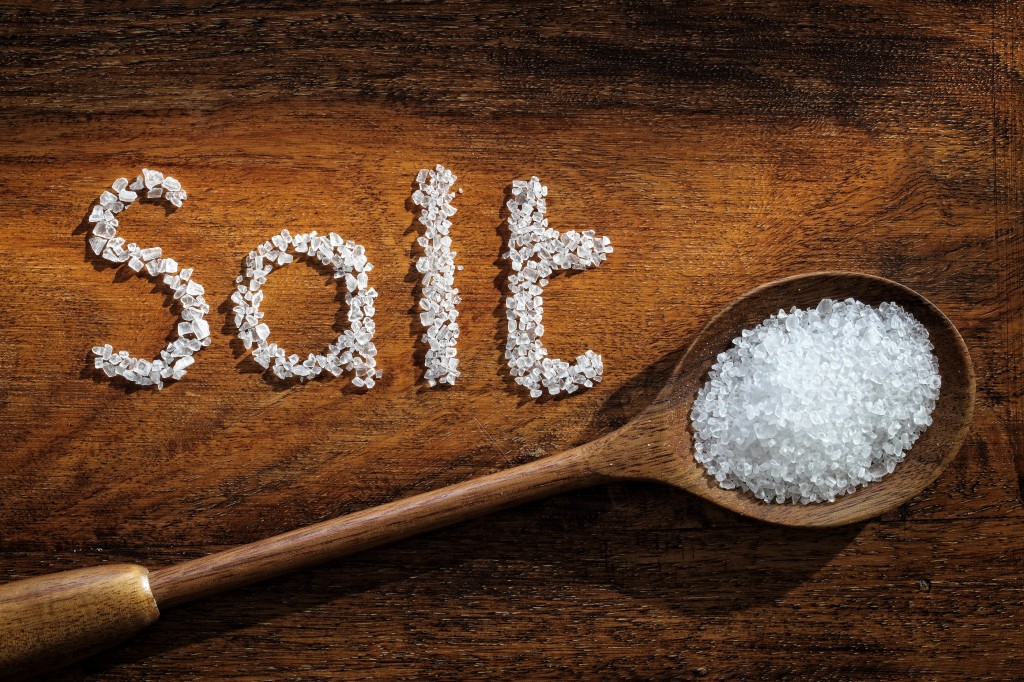- Make It Yourself Lavender Heart-Shaped Bath Bombs!
- 20 Things You Never Knew About “Down There”
- 12 Best Foods For Those Suffering From Arthritis Pain
- 12 Personal Hygiene Mistakes Almost Everyone Makes (Mom Never Told You About #4!)
- 15 Medicinal Plants And Herbs From The Cherokee People
- 12 Mind-Blowing Benefits Of Drinking Coconut Water During Pregnancy
- 12 Outstanding Winter Foods That Won’t Fatten You Up Like A Christmas Turkey
Do You Have A Salt Tooth?

Photo credit: bigstock.com
Everyone knows someone who has a sweet tooth. They gravitate towards everything sweet – cakes, cookies, candy, ice cream – you name it and that person is not happy unless they are able to get to a sweet treat. There are other people who don’t really care for sweets that much but have the same cravings towards foods that are salty. Recent findings have focused on what is behind having a “salt tooth.”
If you have a sweet tooth you know that if it is not kept under control you run the risk of developing type 2 diabetes. There are glucose meters available at most pharmacies where you can check your blood sugar levels to make sure your numbers are staying within the normal ranges.
What happens if you love salty foods? There are health risks for everything that runs out of the normal range, but salt cravings also have risks if you consume too little. Is it just the way you were raised and the foods that you consumed growing up? The American Heart Association have actually identified a gene for people who have tendencies more towards salt than sugar that they have tagged TAS2R48.
How much salt is too much?
The amount of sodium that the American Heart Association has set as a normal range is 2,300 milligrams each day. If a person has too much salt on a regular basis, they could end up having high blood pressure. In a recent study regarding salt intake, the AMA found that those with the TAS2R48 gene were two times more likely to go over the 2,300 mg of salt than those who did not have this gene.
The study included other aspects of a person’s taste buds who have this gene and found that they had a more enhanced sense of bitterness in foods and they stayed away from foods that fit into this group. They found that those whose taste buds reacted to bitter foods more intensely, in turn, gravitated to a higher level of sodium. Some scientists even thought this group may use extra salt to “mask the bitter taste of foods.”
The purpose of the findings
The study was conducted in early November 2016 in New Orleans. The Scientific Sessions meeting of the AMA was trying to determine if after identifying a person as having a tendency towards salt if they would be successful in providing them with “better food choices through education” that would be tailored specifically towards them.
Continue to Page 2































